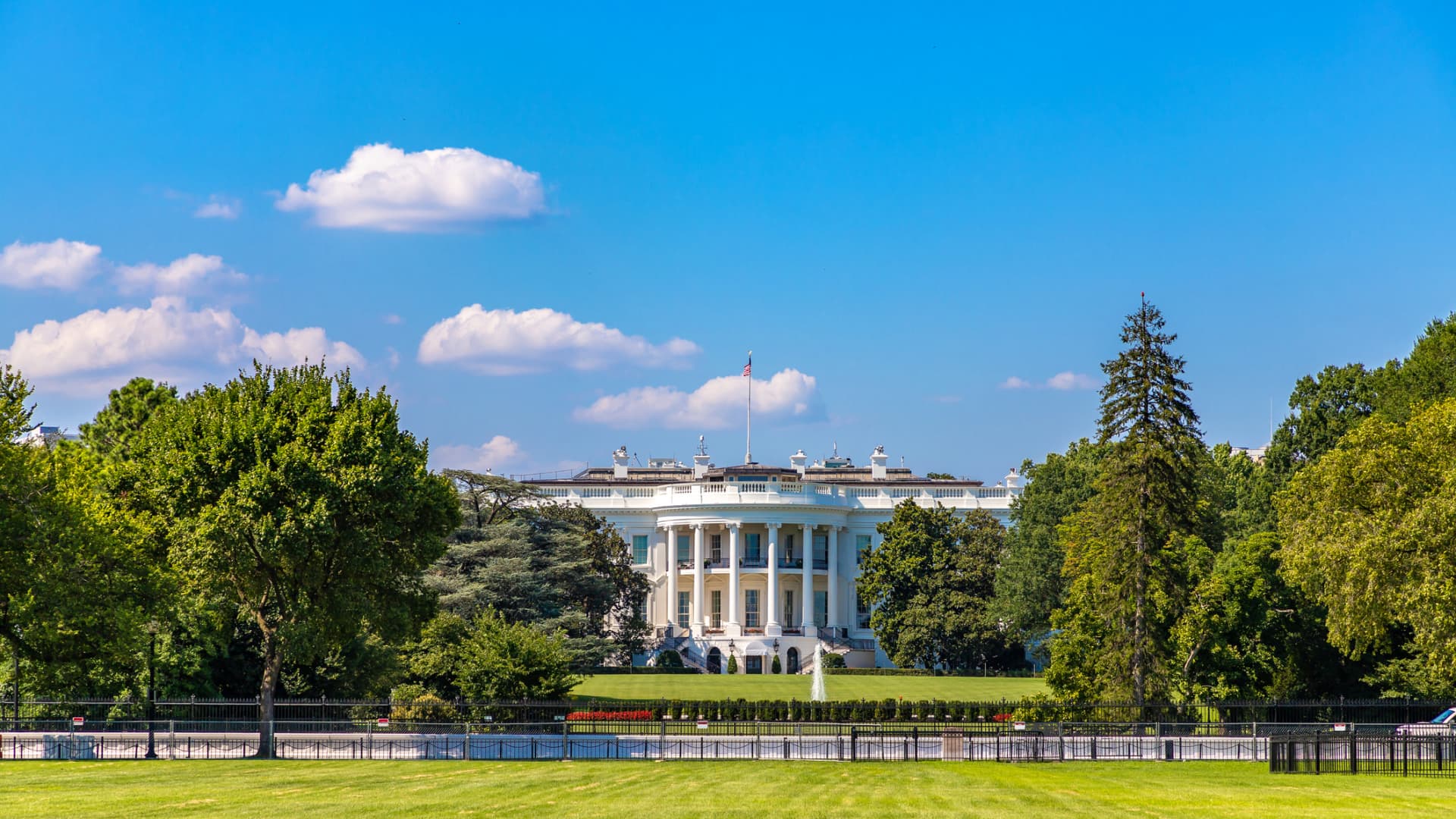Senate Majority Leader Chuck Schumer of New York and Sen. Elizabeth Warren, D-Mass., are among those calling on President Joe Biden to bypass Congress and forgive student debt through executive order.
“You just need the flick of a pen,” Schumer has often been quoted saying on the matter.
Yet there might be another way the White House can cancel student debt without passing legislation, according to a recent analysis by higher-education expert Mark Kantrowitz.
The details are wonky, but basically Kantrowitz argues that federal student loans could be forgiven through regulatory changes established by the executive branch. Specifically, he argues that one popular government program, known as the Income-Contingent Repayment Plan, can be amended to distribute broad cancellation.
More from Personal Finance:
Why a federal gas tax holiday won’t save consumers much
Inflation is costing households $300 more a month
Why the Fed raises interest rates to combat inflation
Usually, an ICR Plan erases a borrower’s debt after 25 years of payments, but Kantrowitz says a tweak could shorten that timeline. Borrowers may need to file an application for the relief, but he doubts that would be much of a roadblock “given the strong financial incentive of loan forgiveness.”
In theory, Congress could block the changes put forth by the White House, but Kantrowitz doubts there would be enough support for that.
“They would need two-thirds of the House and two-thirds of the Senate to challenge it, which is extremely unlikely to happen,” he said. On the other hand, Kantrowitz suspects loan forgiveness through executive order would probably face legal challenges.
If the regulations by the Biden administration, which would be issued by the U.S. Department of Education, were published by Nov. 1, they could go into effect as soon July 2023, and maybe even earlier.
The White House did not respond to a request for comment on whether it had seen Kantrowitz’s analysis.
Advocates, lawyers and Democrats have been looking for ways for the president to forgive student debt on his own. Most experts agree legislation in Congress is unlikely to pass given the unpopularity of loan cancellation among Republicans.
During the 2020 Democratic presidential primary, Warren vowed to forgive student loans in the first days of her administration. She included in her announcement an analysis written by three legal experts, based at the Project on Predatory Student Lending at Harvard Law School, who described such a move as “lawful and permissible.”
Luke Herrine, Ph.D. in Law candidate at Yale Law School, first made the argument in 2017 that the Education Department could cancel student debt.
“Basically it’s like the power that a prosecutor has to determine whether to bring charges against somebody,” Herrine said. “The prosecutor might think that a person has committed a crime but decide not to bring a case against them for whatever reason.” Similarly, the government could decide not to enforce people’s debt obligations.
A recent poll found that nearly 66% of likely voters are in support of Biden canceling some or all of student debt. More than 70% of Latino and Black voters are in favor.
Since March 2020, when the coronavirus pandemic first hit the U.S. and crippled the economy, most federal student loan holders have been given the option to not pay their monthly bill. In addition, interest hasn’t been allowed to accrue on their debt.
The reprieve has impacted more than 25 million Americans and has been extended five times throughout the public health crisis. It’s currently slated to end May 2.
However, White House chief of staff Ron Klain said earlier this month that the Biden administration wanted to make its decision around debt cancellation before it turned the payments back on.
“The president is going to look at what we should do on student debt before the pause expires, or he’ll extend the pause,” Klain said on the podcast “Pod Save America.”
Most recently, the Education Department ordered the companies that service federal student loans to hold off on sending borrowers notices about their payments restarting.
